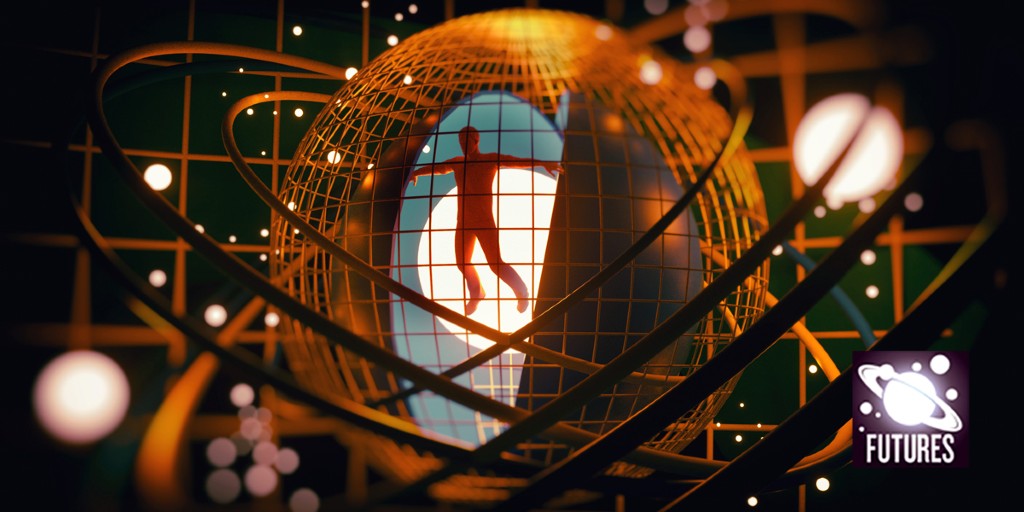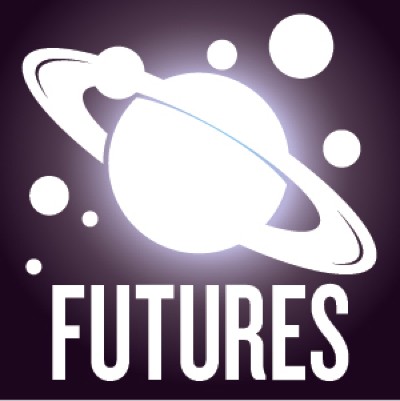I’m sorry.
You’ve read this story before. I’m not talking in some Joseph Campbell universal-archetype sense — no, I mean, you, personally, have read this, very, specific story, before.
You’d probably want me to begin at the beginning, but the problem with time loops is that they have no beginning — and no end either, which is the bigger problem.
So let’s just stop this. Please, just stop reading and walk away.
Just. Walk. Away.
Please.
*****
Looks like you’re still here — or maybe you’re back again? Either way, it doesn’t matter, because another thing about time loops is that they’re resilient, elastic — one can deviate, even significantly, and the loop manages to snap back and restore itself. I wasn’t expecting you to break away, but it was important for you to think you had the opportunity, to realize the futility, for yourself.
As I said earlier, the time loop has no beginning and no end, but I can start by telling you how I became aware of being in a time loop.
I received a letter — a physical, postal, paper letter from a graduate-school classmate, someone I’d been very good friends with, once upon a time, but had lost touch with over the years. She had remained in physics, and had become deeply involved in some of the recent quantum internet research — this much I’d known.
The letter began: “I’m sorry. You’ve read this letter before.”
Where do you think I got the idea?
She described experiments she’d been leading on large-scale distributed entanglement, a manifestation of quantum mechanics that’s like preparing two coins in such a way that, if they were tossed in the air, they’d land the same, either both heads or both tails, even if they were on opposite sides of Earth. The experiments themselves were frighteningly complicated, but the results came down to statistical correlations, accumulated over millions of experimental runs, and what her team had observed was that the statistics behaved as if the outcome of the experiment was determined before the experiment took place. It was as if flipping what was, according to all evidence, a normal coin, invariably yielded heads, like in that Tom Stoppard play.
Read more science fiction from Nature Futures
Naturally, they concluded that the experiments were flawed, but as they were trying to track down the source of error, they began hearing from some of their competitors, or, perhaps more accurately, colleagues — in cutting-edge science, the two are often the same — working on similar experiments around the world, that they were observing similarly impossible outcomes.
The letter emphasized that these experiments were not without precedent — far from it. The field had been studied for decades, and previous experiments, including the group’s own, had yielded the sorts of results expected from theory. Something about the world had changed, and the researchers were observing the effects of that change.
What my old classmate claimed, in the letter, is that after an exhaustive analysis of possible explanations, the most plausible one was that our world had somehow become trapped in a time loop, so that the normal flow of cause and effect had been disrupted. Every point within the loop is both the cause of, and the effect of, every other, and the ‘future’ is as fixed as the ‘past’.
If that was all there was to it, if there was truly no escape from the loop, there wouldn’t be any point in her writing the letter, or in my writing this story — of course, in a fully predetermined world, there’d be no way for us to avoid writing them, either — but what the data suggested is that the loop didn’t start everywhere at once. The measurements from around the world showed that the point of entry into the time loop varied by weeks, and, rather than expanding at the same speed in all directions, like a ripple on a lake, it propagated like a contagion, with more isolated areas affected last. That meant there was a chance that the time loop hadn’t yet captured the entire world, so that there existed pockets of our prior reality, where cause and effect still held — and, at the boundary, there was the potential for our old reality to reassert itself and push back against the time loop’s expansion. This is all only conjecture, but it seems to be our best chance to break free.
This was why she wrote me the letter, and why she mailed it. A postal letter interacts with the world much more tangibly and extensively than an e-mail, so it has a much greater chance of coming into contact with still-linear reality. By stimulating interaction at the boundary between the time loop and whatever still remains outside it, we increase the possibility of snapping the loop, like popping a soap bubble by poking it.
If you’re reading this, you’re trapped with me, and it’s even possible that reading it was what ensnared you. What I ask is that you share this with as many others as you can, in as many ways as you can, so that it might find its way to the boundary. We’ll never know if we succeed, for if the time loop pops out of existence, everything inside it will vanish without a trace, and our liberated counterparts will have no inkling of our imprisonment.
Until then, we remain in the loop, and you have read this story before.
I’m sorry.







More News
Neanderthal–human baby–making was recent — and brief
Who will make AlphaFold3 open source? Scientists race to crack AI model
These crows have counting skills previously only seen in people